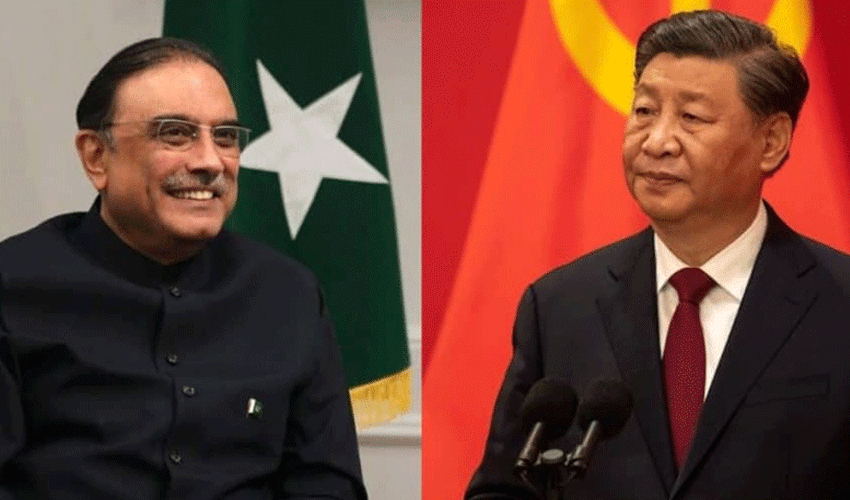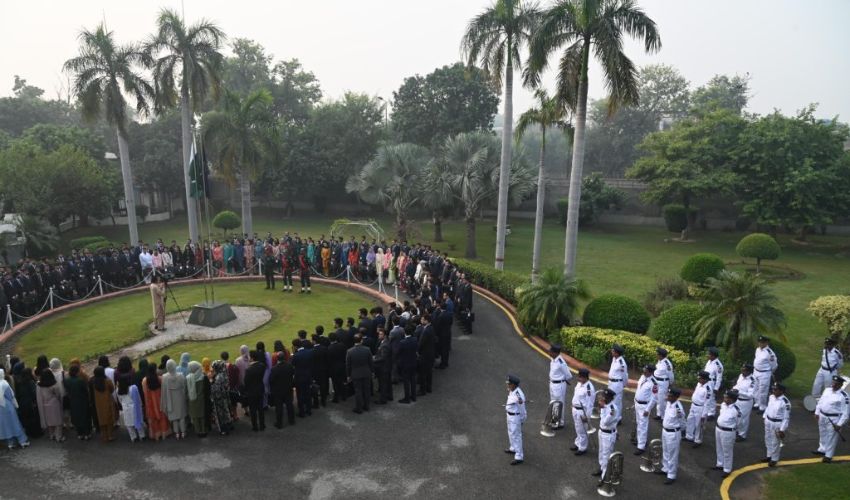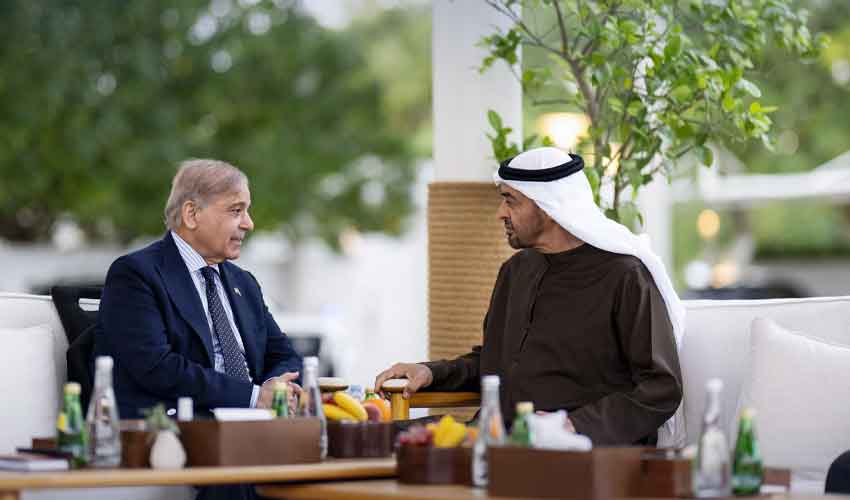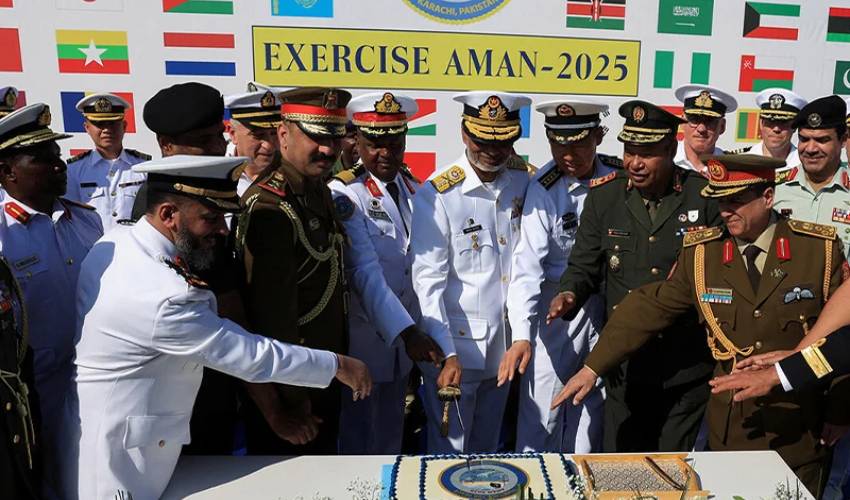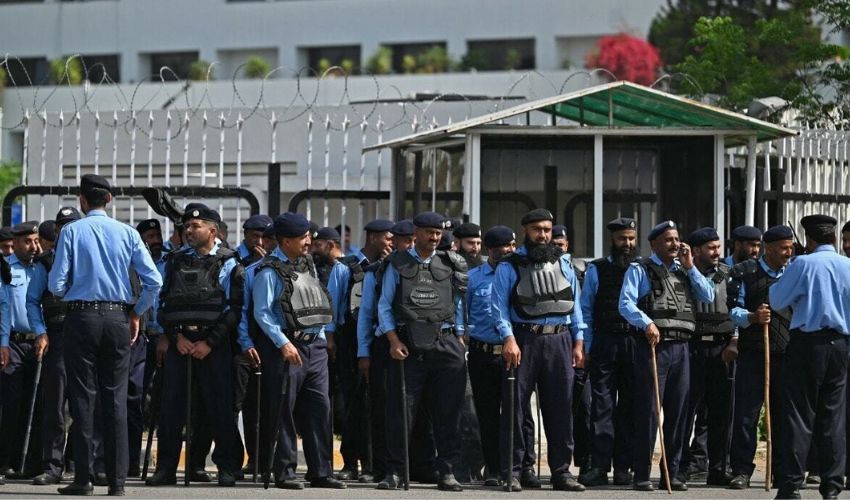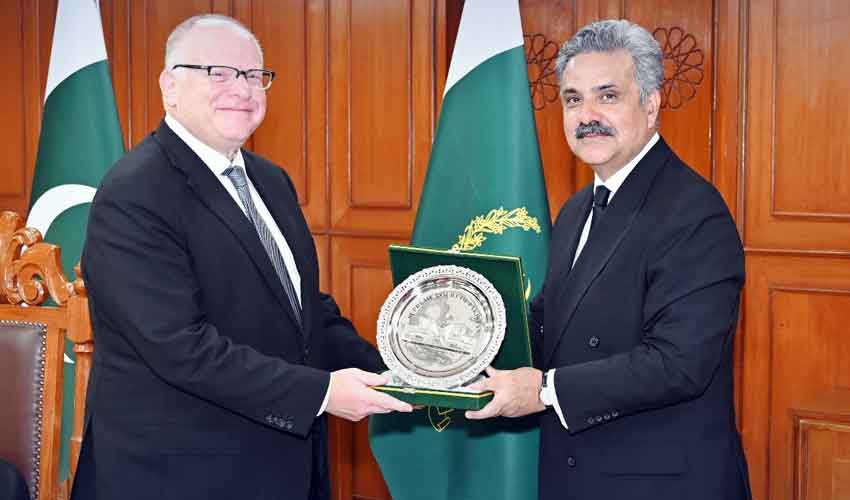Pakistan and China have reaffirmed their "iron-clad" friendship and strategic partnership during President Asif Ali Zardari’s five-day state visit to China, where he met with President Xi Jinping and other top Chinese officials.
According to a joint statement issued by the Foreign Office on Thursday, the two nations signed multiple agreements covering economic cooperation, trade, technology, defence, and people-to-people exchanges.
Zardari’s high-level meetings in China
President Zardari, who visited China from February 4 to 8 at the invitation of President Xi Jinping, also attended the opening ceremony of the Ninth Asian Winter Games. In a warm and friendly meeting, both leaders discussed deepening their strategic partnership, regional security, and economic collaboration. Zardari also met with Chinese Premier Li Qiang and National People’s Congress Chairman Zhao Leji.
Both sides hailed the China-Pakistan All-Weather Strategic Cooperative Partnership as a “choice by history and by the people,” emphasizing that any attempts to undermine their relationship would fail. President Xi reaffirmed that Pakistan remains a priority in China’s foreign policy, while Zardari reiterated that China is the cornerstone of Pakistan’s foreign relations.
Strengthening economic cooperation, CPEC upgrade
China and Pakistan agreed to accelerate work on the China-Pakistan Economic Corridor (CPEC), including upgrading it into a “growth corridor” featuring industrial, green, and technological development. Both sides committed to expediting projects like the Main Line-1 (ML-1) railway upgradation, the Karakoram Highway realignment, and Gwadar Port development.
Also Read: Pakistan, China ink key MoUs to boost economic, energy collaboration
China also pledged to support Pakistan’s economic transformation through its National Economic Transformation Plan (Uran), while Pakistan welcomed further Chinese investments in special economic zones. The two nations will explore deeper cooperation in mining, agriculture, and the energy sector, with China aiding in Pakistan’s efforts to tackle power shortages.
Security, counterterrorism commitments
Pakistan strongly condemned terrorist attacks targeting Chinese nationals and assured Beijing of enhanced security measures for Chinese personnel, projects, and institutions in Pakistan. Both sides reiterated their zero-tolerance policy towards terrorism and vowed to strengthen counterterrorism cooperation at bilateral and multilateral levels. China also expressed willingness to assist in Pakistan’s counterterrorism capacity building.
Defence, trade, technology collaboration
Recognizing the strategic importance of defense ties, both countries pledged to enhance military-to-military cooperation, joint exercises, and defense technology collaboration to maintain regional stability. Trade liberalization under the second phase of the China-Pakistan Free Trade Agreement was also discussed, with Pakistan encouraged to increase exports to China.
Also Read: Zardari meets Chinese President Xi, lauds China’s role in global development
Pakistan and China also agreed to expand cooperation in emerging technologies, including artificial intelligence, big data, and communication technology, with Chinese tech firms encouraged to invest in Pakistan. Efforts will also be made to boost education, cultural exchanges, and vocational training, particularly in Chinese language education for Pakistani students.
Geopolitical coordination, regional issues
Both countries reiterated their firm support for each other’s core interests. Pakistan reaffirmed its commitment to the One-China policy and its opposition to “Taiwan independence,” while China backed Pakistan’s sovereignty and territorial integrity.
On Jammu and Kashmir, China reiterated that the dispute is a historical issue that should be resolved peacefully in accordance with UN resolutions. Both nations also reaffirmed their support for Afghanistan’s stability, urging the Taliban-led government to take verifiable actions against terrorist groups operating from its soil.
Palestine, global cooperation
Pakistan and China jointly called for a full and permanent ceasefire in Gaza, supporting the right of Palestinians to establish an independent state. They also vowed to uphold multilateralism and continue their close coordination at the United Nations and other international platforms to advocate for developing nations.
Signing of agreements
During the visit, over a dozen agreements were signed, covering key sectors such as CPEC, trade, science and technology, people’s livelihoods, and media cooperation. President Zardari extended an invitation to President Xi to visit Pakistan, which was warmly received, with both sides agreeing to coordinate through diplomatic channels.
President Zardari thanked President Xi and the Chinese government for their hospitality, reaffirming Pakistan’s commitment to deepening ties with China. The visit underscored the enduring strength of the Pakistan-China partnership and set the stage for greater cooperation in the years ahead.





